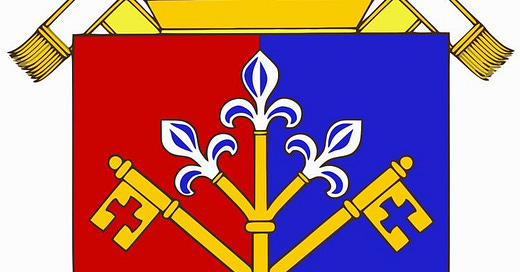I discuss the Anglican Ordinariate in the main essay. Here, I consider what makes it both the best and worst test case. On one hand, it is the only Protestant tradition with members consistently petitioning Rome for admission to full communion. This unique hunger for unity stems in part from a commitment to ancient liturgy, a constant reminder of their original communion. Beyond liturgical unity, the Church of England has never quite been able to shake Catholic theology. From the beginning, there have been two competing theological “engines” under the hood of Anglican worship. The Calvinist tradition was represented primarily by the Puritans, some of whom eventually sought independence from the Church of England. The Catholic tradition lived on in such figures as John Donne, John Henry Newman, and C.S. Lewis. So there has been a consistent presence of essentially Catholic thought, which created unique conditions for a desire to Return. On the other hand, the very features that made Anglicanism uniquely suited to be the first proof of concept for Reformation Catholicism also make it too dissimilar from other Protestant traditions to offer a ready model for incorporating them.
What we can learn from the Ordinariate, therefore, is somewhat limited. Mostly it illustrates what is probably the upper bound for granting legitimacy and autonomy to structures created for the Reformation Rites. This includes:
The status of the Ordinariate as a diocese structured around not only regional but liturgical considerations.
The admission of Protestant ministers to the Catholic priesthood after remedial formation, even if such ministers are already married.
The right of Ordinariate bishops to establish seminaries and parishes for the continuation of their heritage, even without the permission of the local bishop.
The right of the Ordinariate to form its own religious orders.
The creation of the Ordinariate’s “use” of the Latin Rite.
The creation of official Ordinariate Liturgy of the Hours.
The creation of official prayer resources for the Ordinariate (The St. Gregory Prayer Book).
Distinct prayer services drawing on the Anglican tradition of Mattins and Evensong, which is enjoined on clergy and optional for parishioners.
Whether or not this is indeed the ceiling for what can be offered to Protestants seeking Return, I will take it as such for my project. All the recommendations I have for other Protestant traditions will not only be less ambitious, but will not involve the introduction of new condescensions beyond what the Church has already granted to her children in the Anglican Ordinariate.




